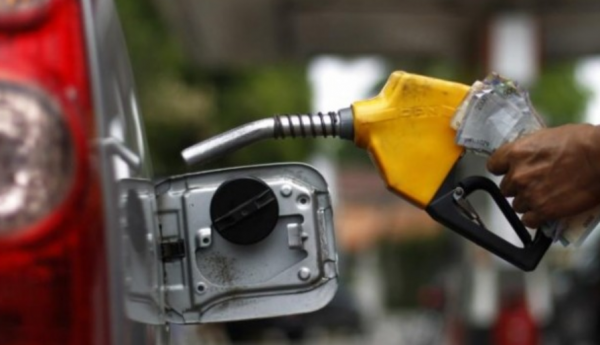The Nigerian National Petroleum Corporation (NNPC) spent a total of N771, 391,262,249 to ensure that the pump price of petrol stay at N145 per litre as directed by the Federal Government.
The cost was incurred between October 2017 and October 2018, a period covering 13 months.
In a report recently made available to the public, the NNPC disclosed that it imported 21 billion litres of petrol through its Direct Sales-Direct Purchase (DSDP) crude for product swap scheme between January 2018 and January 2019.
Also, about N155 billion was spent on repairs and maintenance of petroleum pipelines across the country. Equally, the NNPC recorded deficits of N2.4 billion and N28 billion on crude oil and products losses respectively.
As noted, fuel subsidy tops the list of NNPC’s spending for the 13 months. This logically implies that the country is spending a lot on fuel subsidy.
ALSO READ: Court orders Kogi, others to release judiciary workers’ pay arrears
There have been concerns over this trend, even as many have called on the Federal Government to remove fuel subsidy. Experts have also warned that continued operation of the fuel subsidy regime will only be to the detriment of Nigeria’s economy.
Recall that the country spends the sum of N39.9 billion monthly on Petroleum subsidy payment. In April, the issue of subsidy removal became a major debate after the International Monetary Fund (IMF) urged the Federal Government to remove it, stressing that the removal could positively improve the country’s slow economic growth.
Just recently, the Former Central Bank of Nigeria (CBN) Governor and current Emir of Kano, Sanusi Lamido, warned that Nigeria is on the threshold of bankruptcy following unfavourable economic policies such as subsidising petroleum products and electricity tariffs.
More so, the Emir advised that President Muhammadu Buhari’s administration should cancel the subsidy scheme if the economy must stabilise.

 Football6 days ago
Football6 days ago
 Entertainment5 days ago
Entertainment5 days ago
 Football1 week ago
Football1 week ago
 Business5 days ago
Business5 days ago
 Football1 week ago
Football1 week ago
 Football6 days ago
Football6 days ago
 Crime6 days ago
Crime6 days ago
 Football6 days ago
Football6 days ago


